We often see small business retailers chase what they think is the next big thing that’s already been a big thing for a while and is unavailable to them. This happened recently when a retailer asked us about Labubu. By the time a product goes viral on social media, it’s often too late for small businesses to capitalise on it. Instead, retailers should focus on the vast number of people searching for everyday items they already have in stock.
As we develop websites for retailers who use our POS software we spend time looking at keywords to discover opportunities for attracting visitors online and in-store. This keyword work helps us better serve our customers.
In this video we talk about keywords and share how some everyday keywords can be useful to specialty retail businesses, to remind retailers that they likely have in their shop today items people are looking for that are more important and useful than what they think may be the next big thing.
Our advice: Stop chasing fleeting social media trends and discover the goldmine you’re already sitting on. In your shop today is likely a smarter, more sustainable path to retail success by focusing on the everyday items customers are actively searching for right now. Learn how to tap into the massive, consistent demand for products you likely already have in stock, and build a thriving business on a foundation of what people truly need, rather than what’s just momentarily popular. It’s a simple yet powerful shift in perspective that can lead to lasting stability and growth.
We are grateful to engage with plenty of our customers on keyword opportunities when we are developing a Shopify website for their business. It’s all part of the Tower Systems service.
Videos like this are common from us as we offer free tonic cess practical advice to local small business retailers.
Tower Systems is a small business focussed POS software company developing, and supporting POS software for niche specialty retailers.
Jewellers, garden centres, bike shops, toy shops, produce businesses, farm supply businesses, fishing shops, pet shops, charity businesses, landscape gardening businesses, antique shops, sewing shops, haberdashery businesses, newsagents and more benefit from this software.

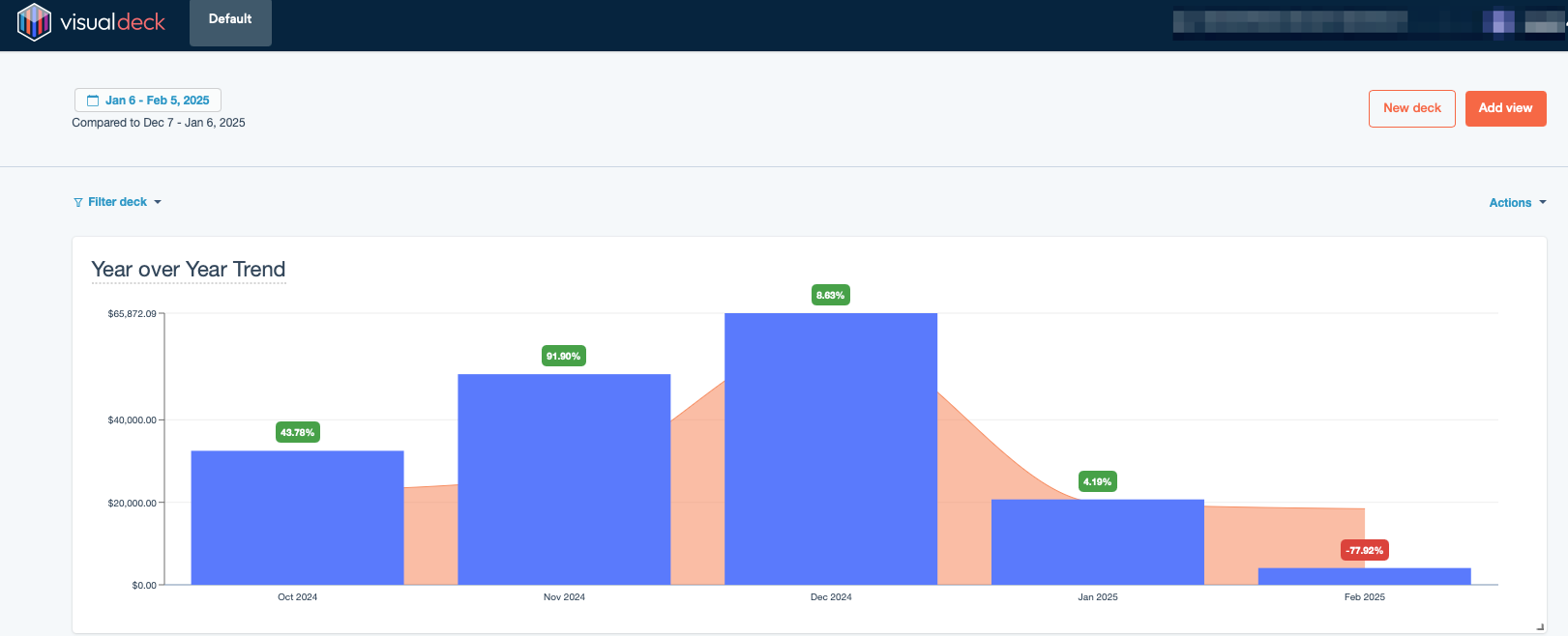
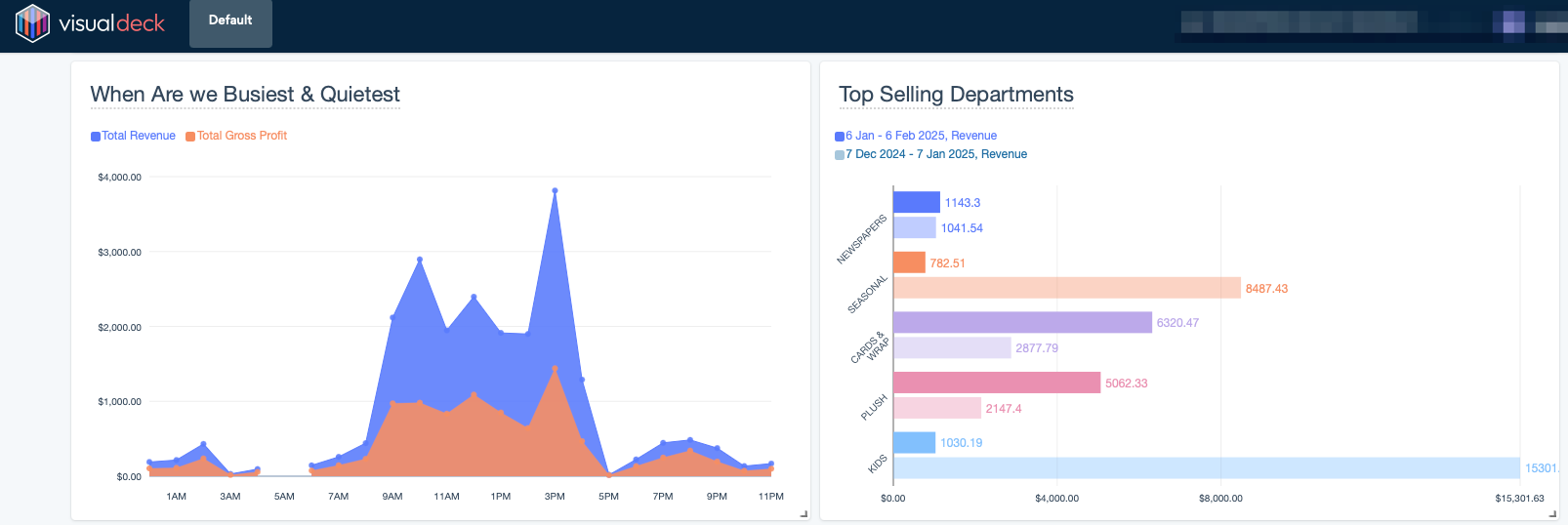
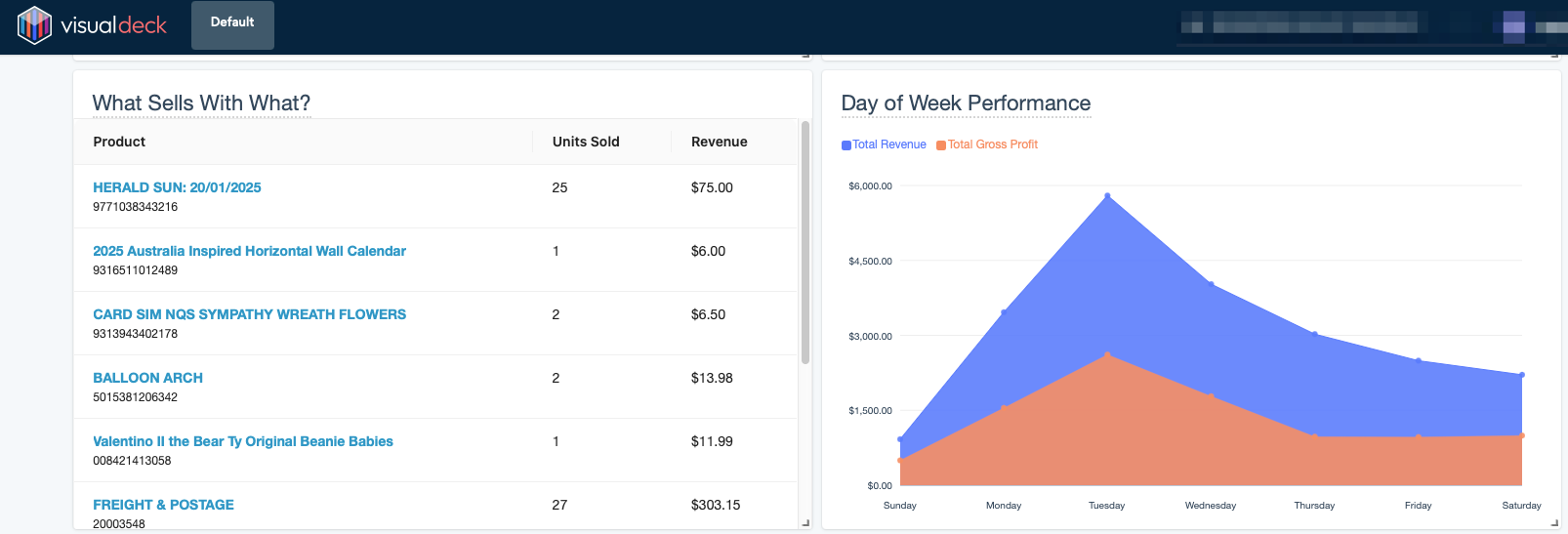

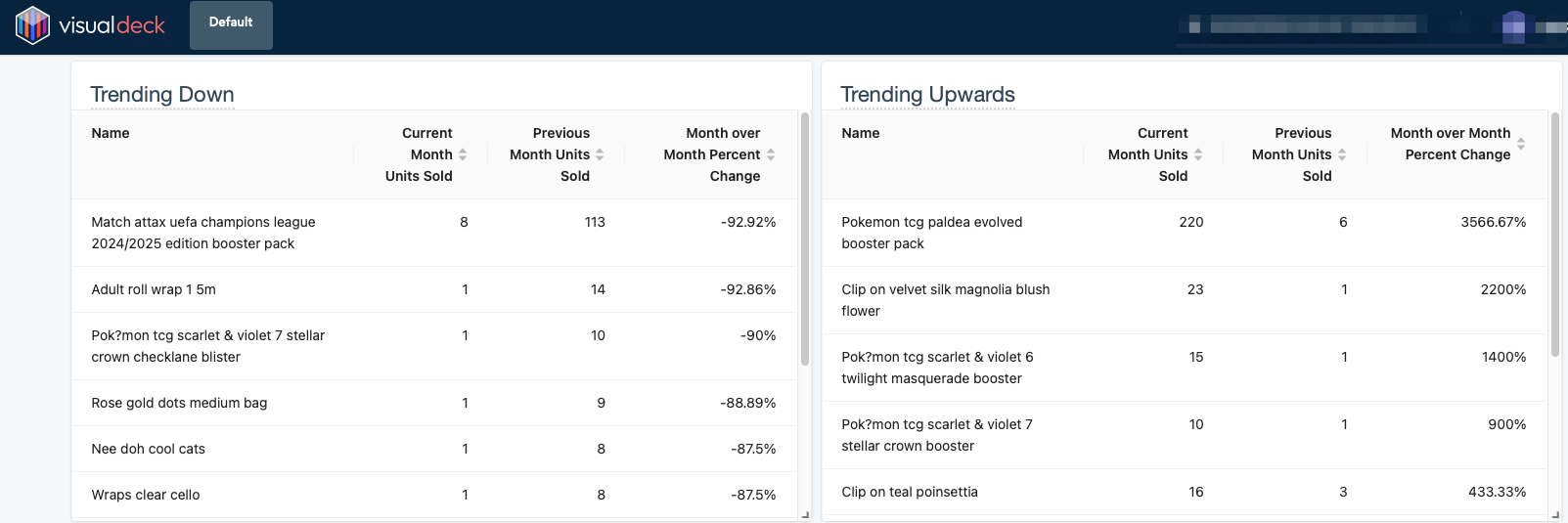
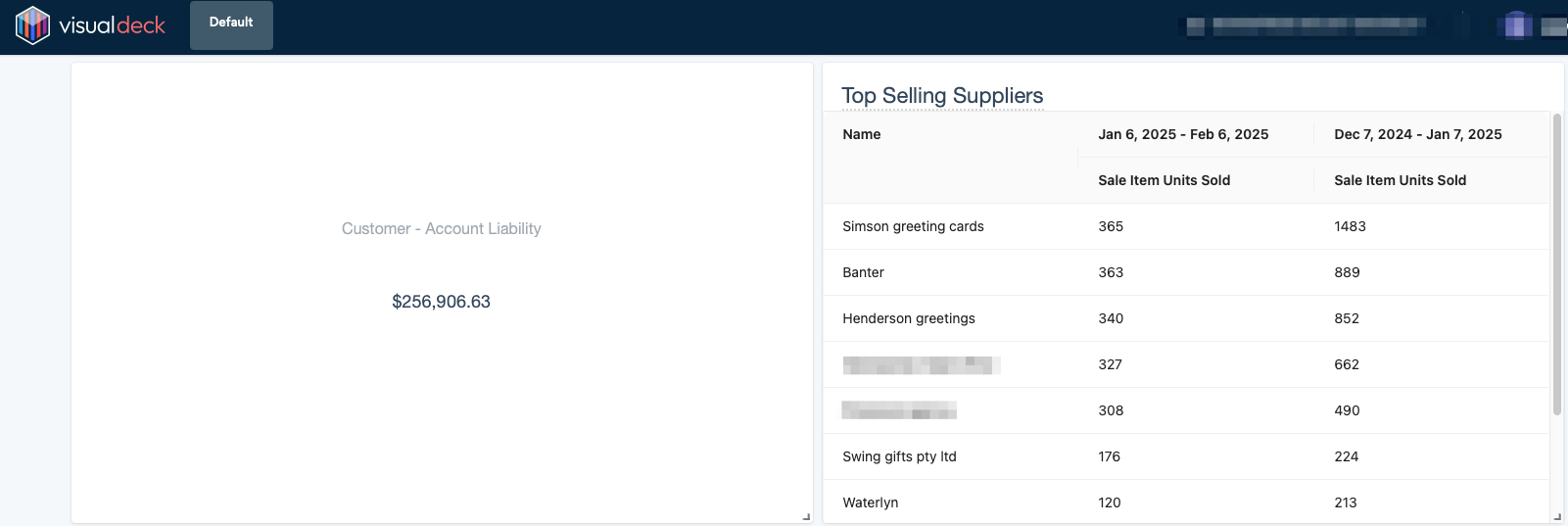
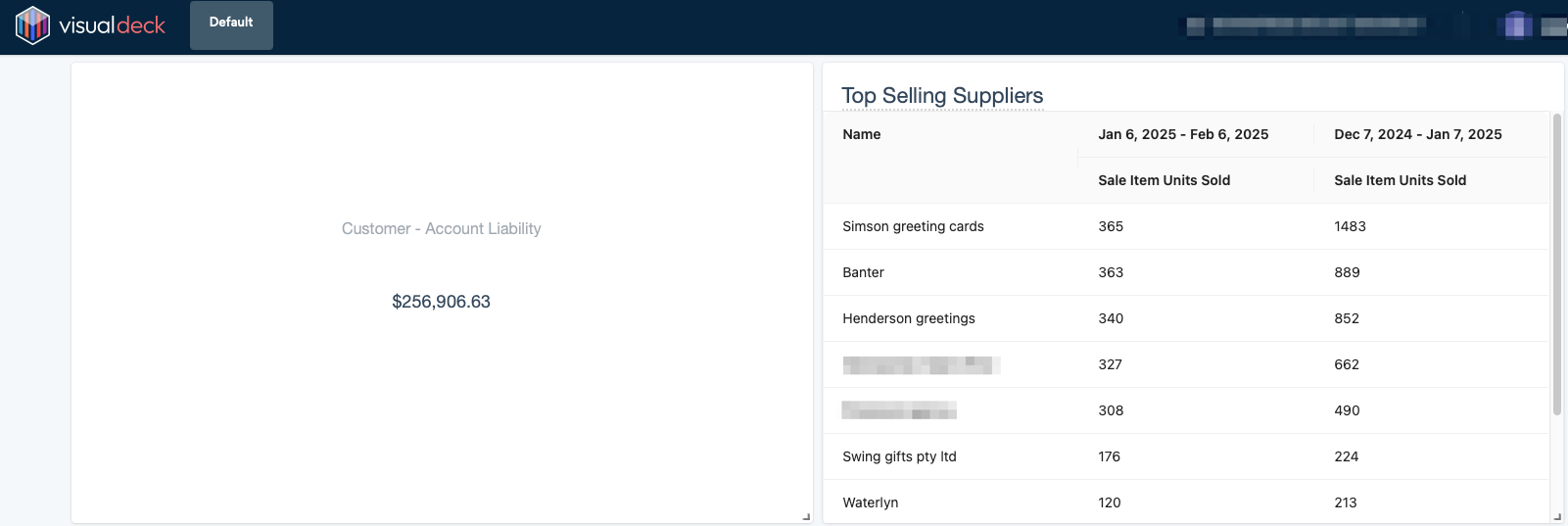
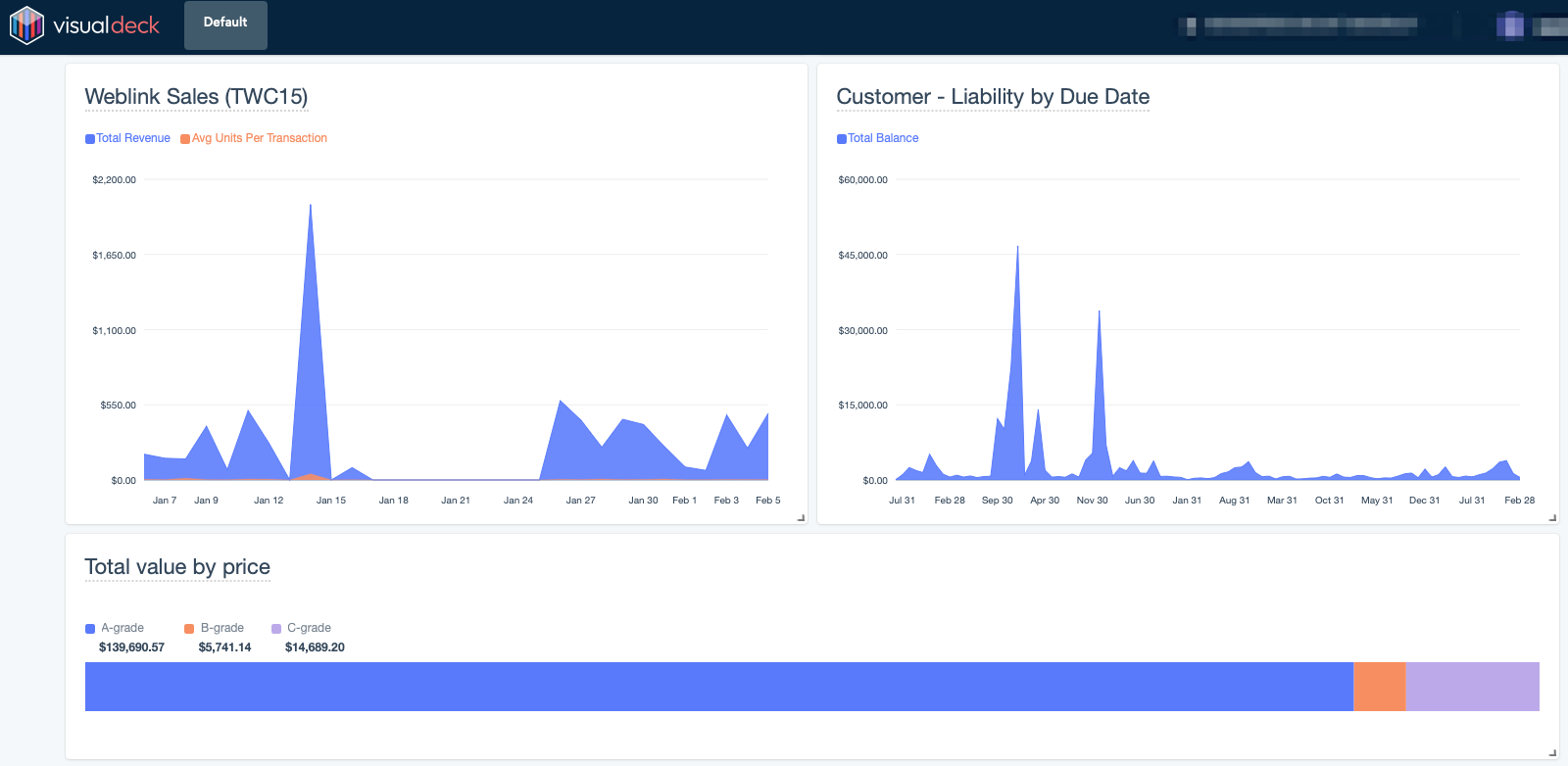
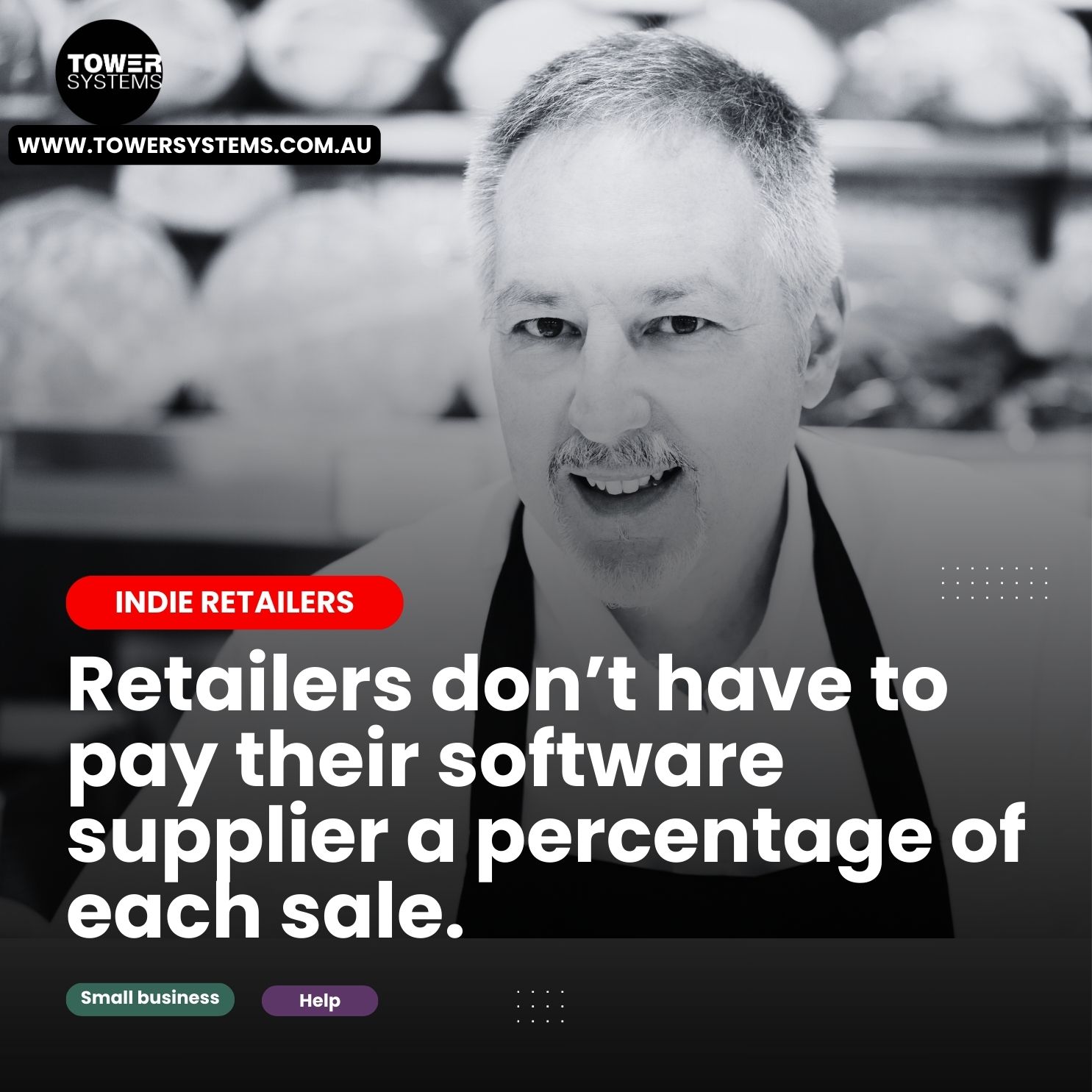
Recent Comments